Whether you’re struggling with postpartum hair loss, shedding strands from stress, or just looking to grow out an existing cut, thinning hair is a topic of conversation. From treatments to lifestyle changes, editor Trudi Brewer shares expert advice that gets to the root of the cause.

Image Instagram
Our hair plays a massive role in our self-confidence, and if your strands aren’t where you want them to be, your self-esteem can take a big hit. While supplements and in-office treatments can provide significant hair changes, many of us aren’t paying enough attention to our lifestyle, which can positively or negatively impact our hair’s growth. Read on to learn more.
Manage Your Stress
We all know the adage about being “so stressed your hair falls out.” While we might see the saying as an exaggeration, Dr. Jeffrey B. Wise emphasises it’s not. “Extreme stress can negatively impact hair health.” To help manage this, Dr. Wise recommends, “Patients follow an exercise program, maintain regular sleep, and practice various stress reduction techniques.”
Limit Your Substance Use
Unsurprisingly, Dr. Wise adds that the excessive use of certain drugs and alcohol can impact your hair health. “Additional habits such as smoking and excessive alcohol consumption can also negatively affect hair health,” He adds, "Maintaining adequate nutrition with proper intake of protein, iron, fatty acids, and vitamins can promote hair growth.”
Practice Proper Hair Care
While we typically consider diet, exercise, and mental health care the most pertinent lifestyle practices for prioritising hair health, Dr. Wise shares the importance of maintaining a solid hair-care routine if you want longer and healthier hair. “Hair care is also important—avoiding excessive trauma to the hair from heated styling devices, tight hairstyles, and harsh chemical treatments like chemical straighteners is key.”
The Take Home
It's clear that if longer, healthier, more radiant hair is your goal, there are several lifestyle practices you can and should put into place, but that doesn’t mean lifestyle switches will be a cure-all for hair loss or thinning. “There are certainly lifestyle choices and dietary decisions that can impact hair growth and health, although they are not as impactful as using growth boosting products, or surgical interventions like hair transplantation, PRP (platelet-rich plasma therapy) or pharmacotherapy like Minoxidil or Finasteride,” says Dr. Wise.
An overnight dry shampoo, a purple mask, a hair concealer and more.




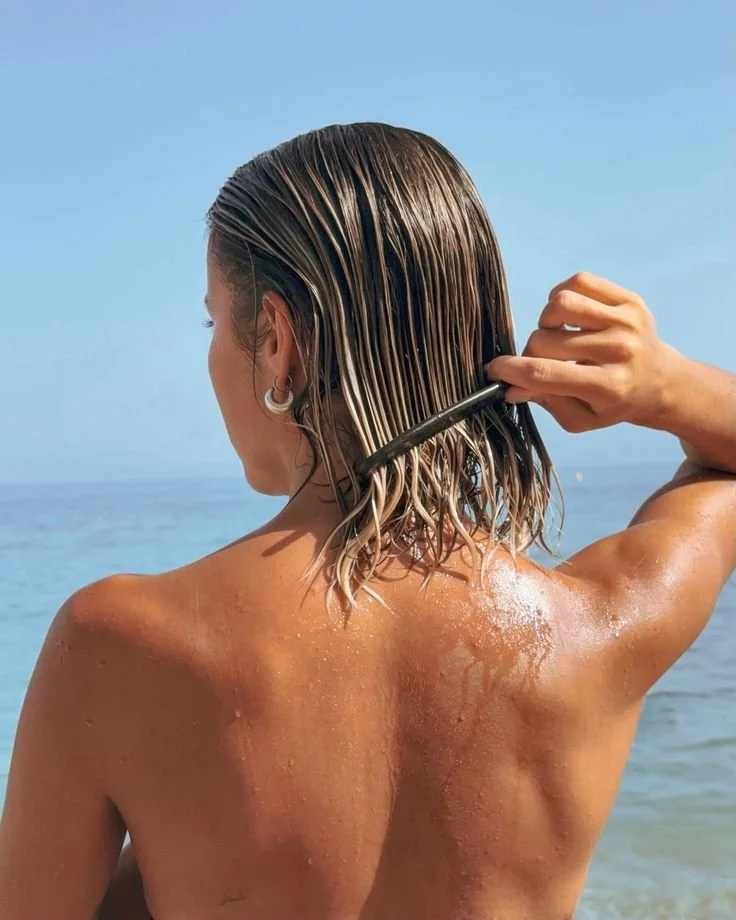

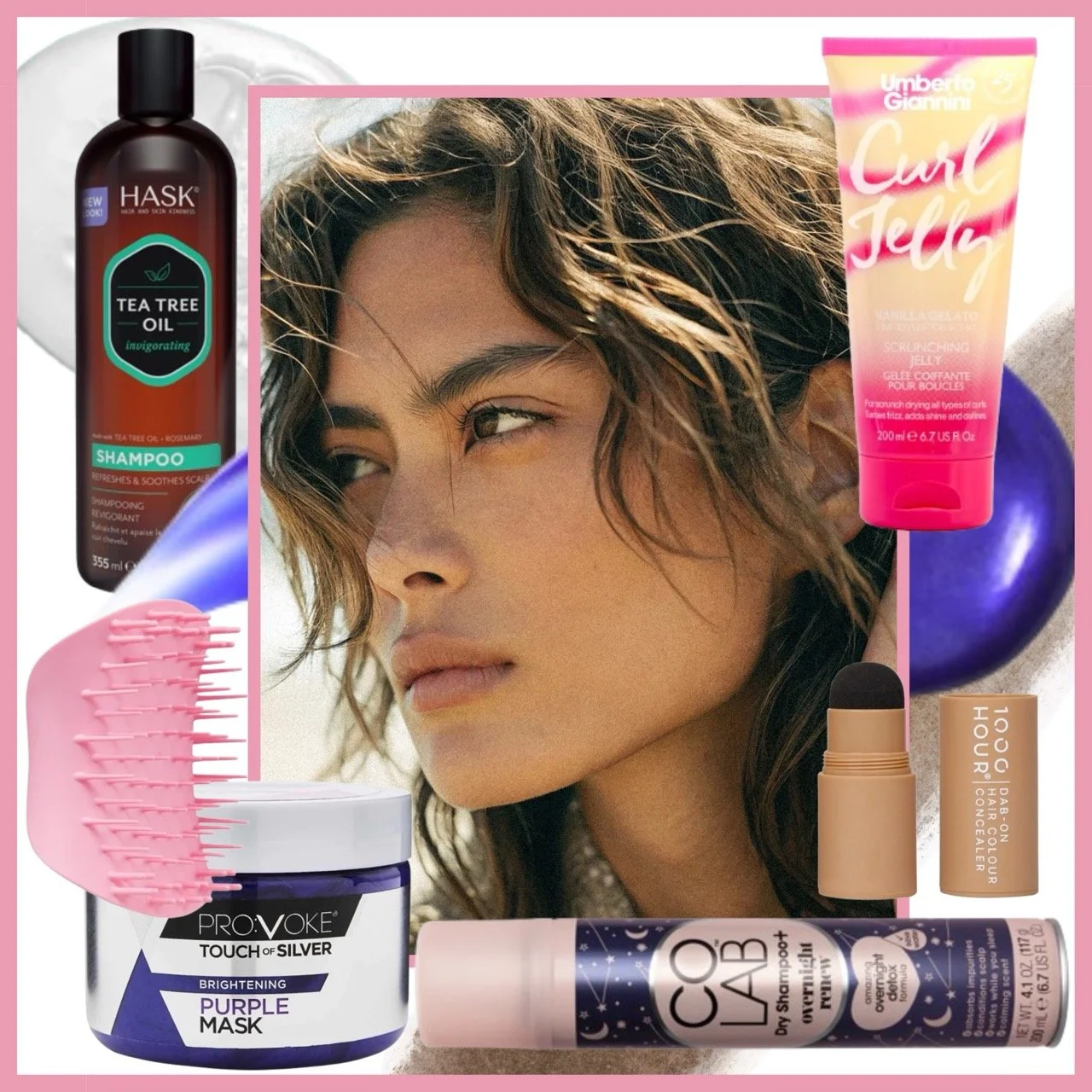
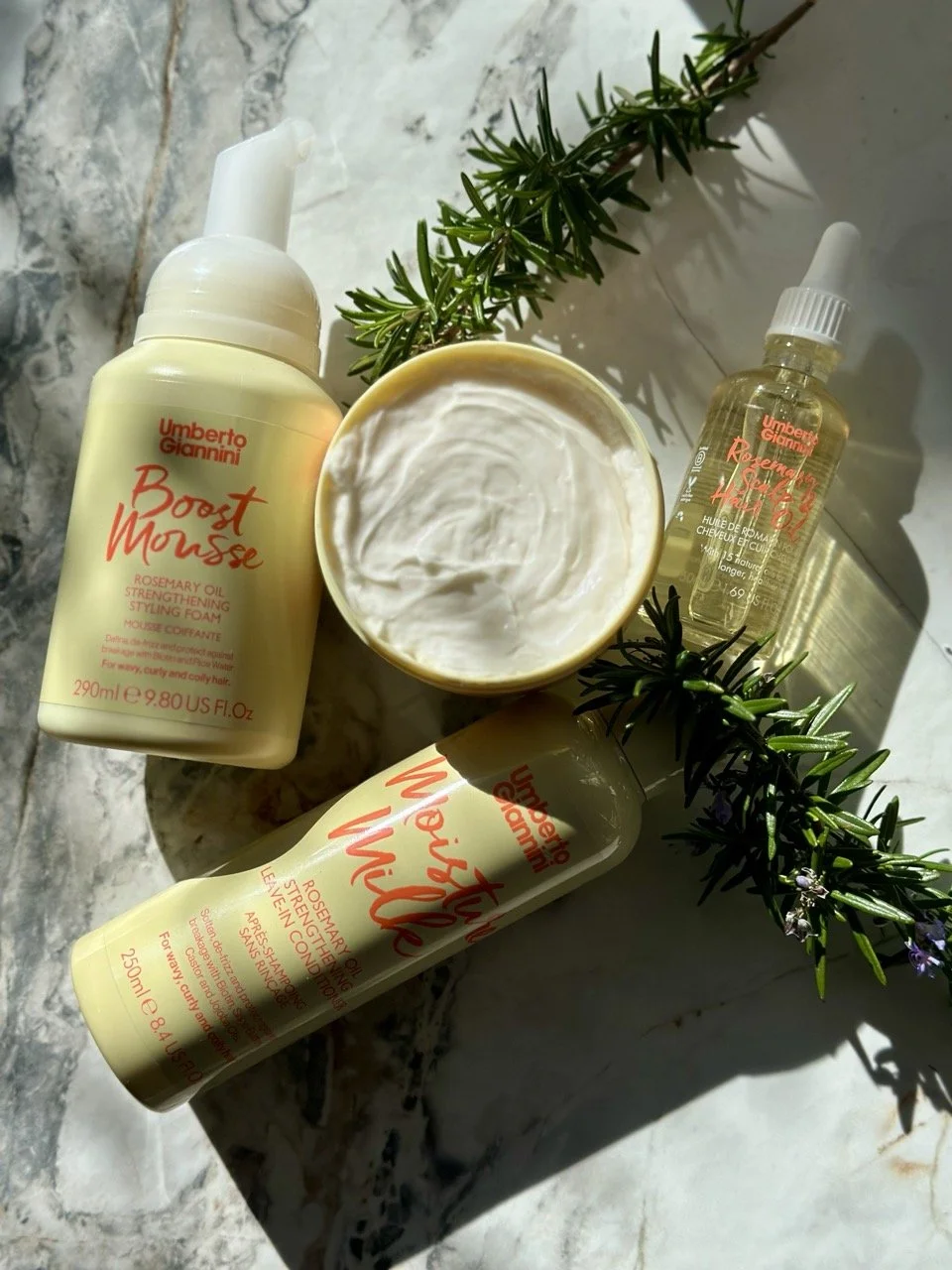


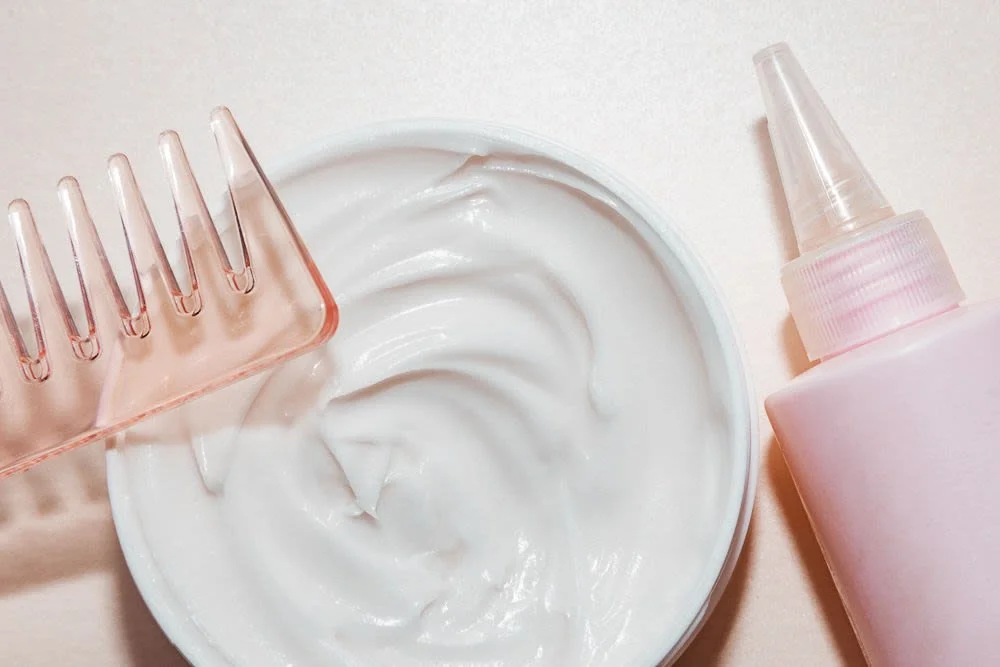


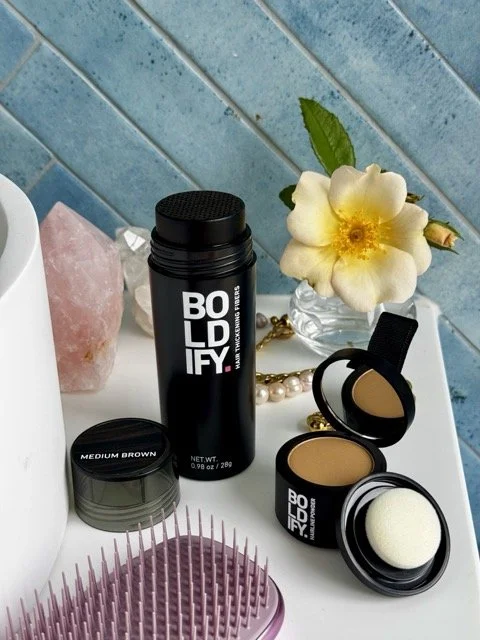




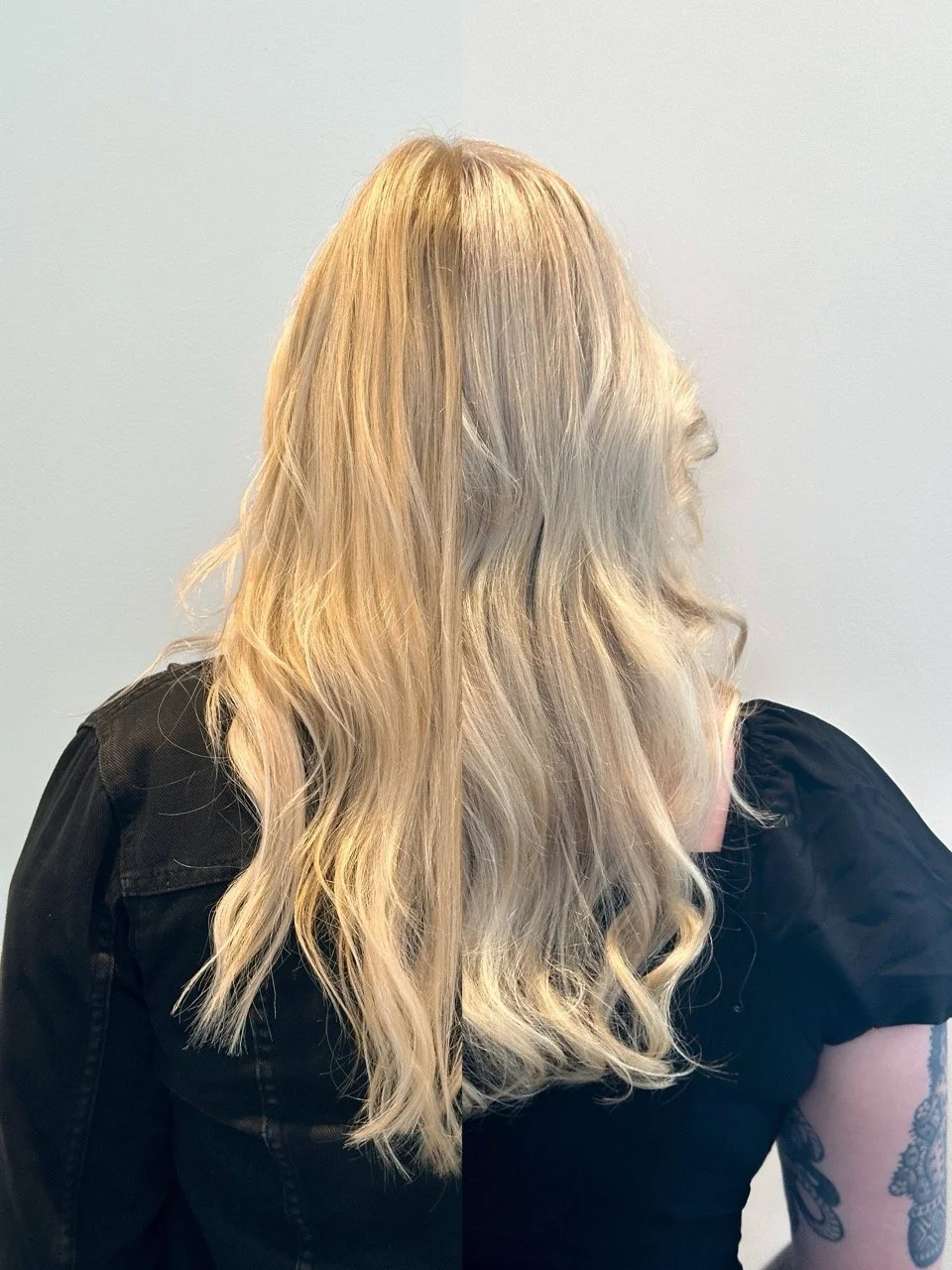
Safe, volume-boosting, brow dry extending, here the clean beauty buys.